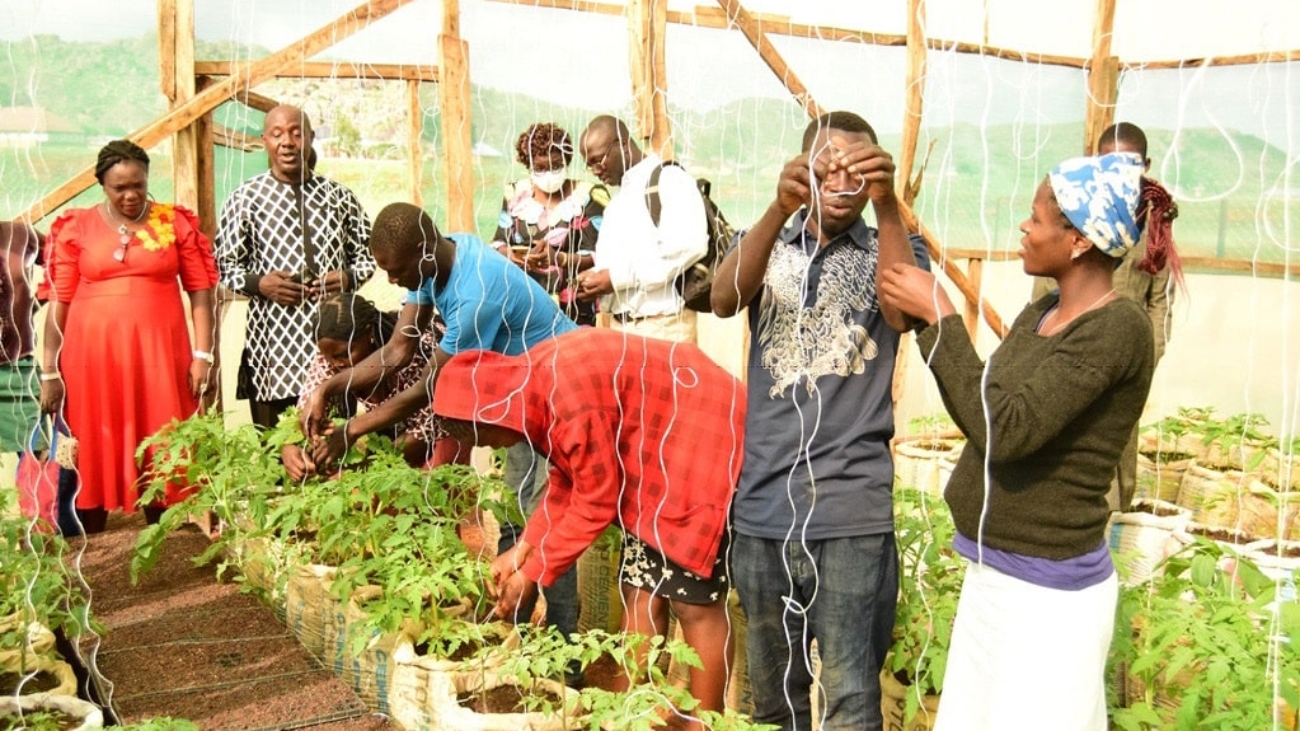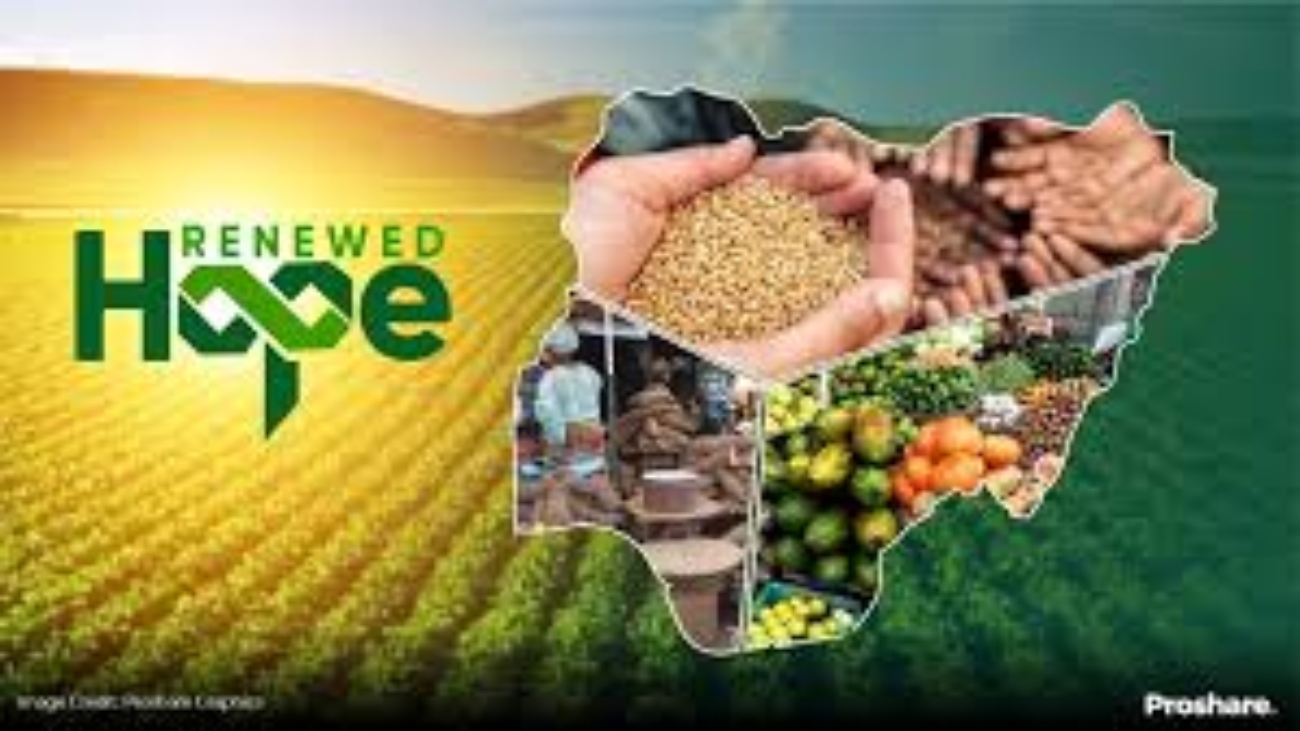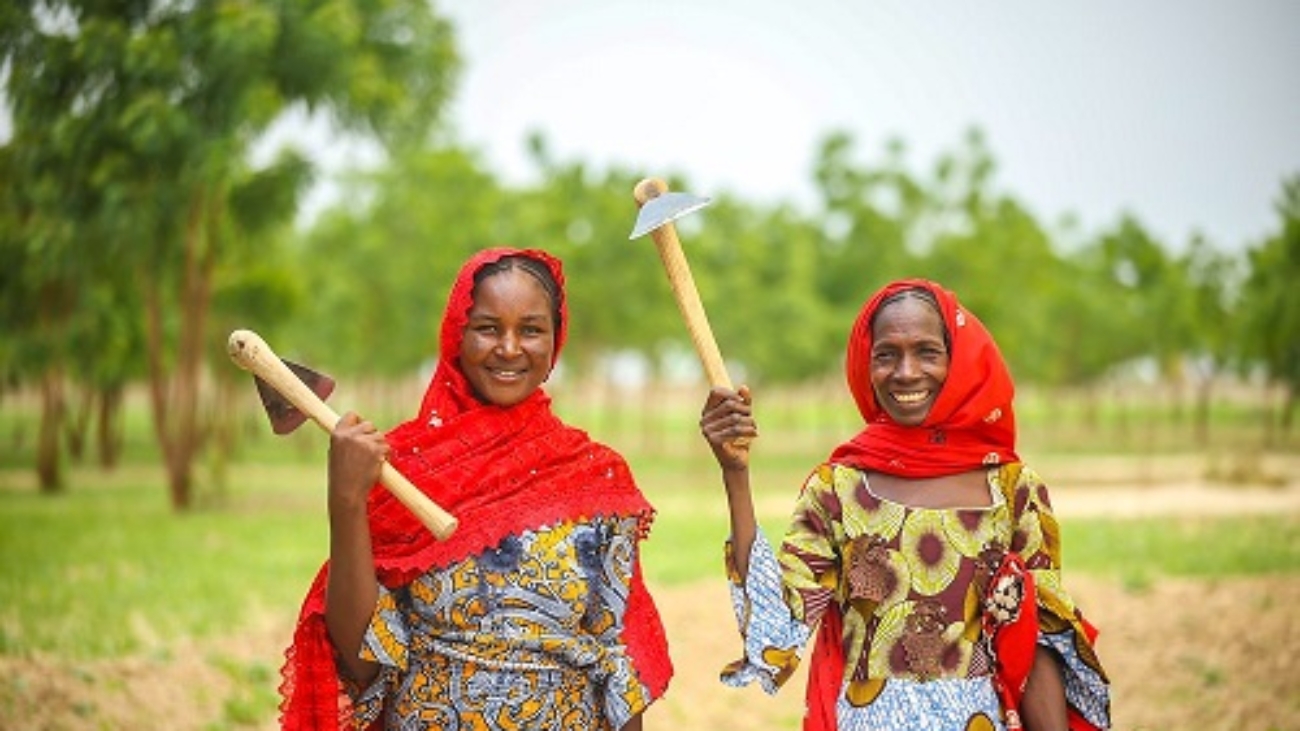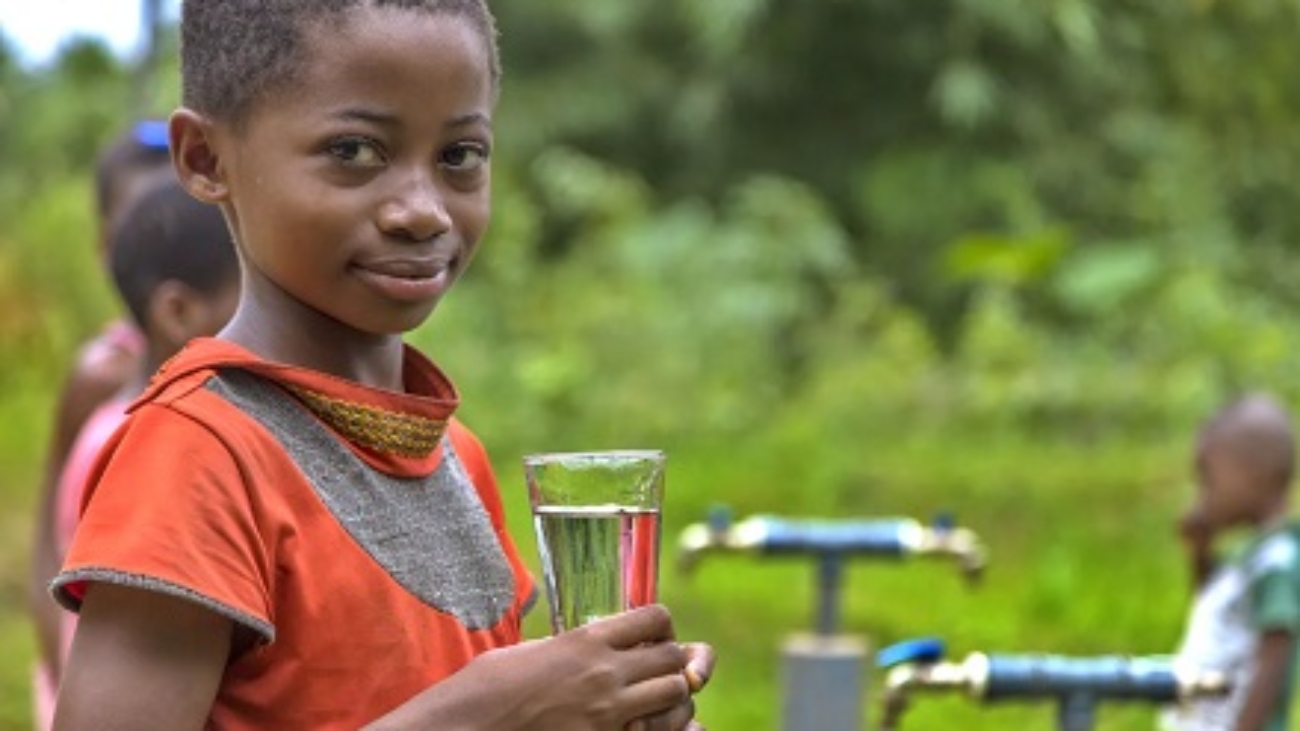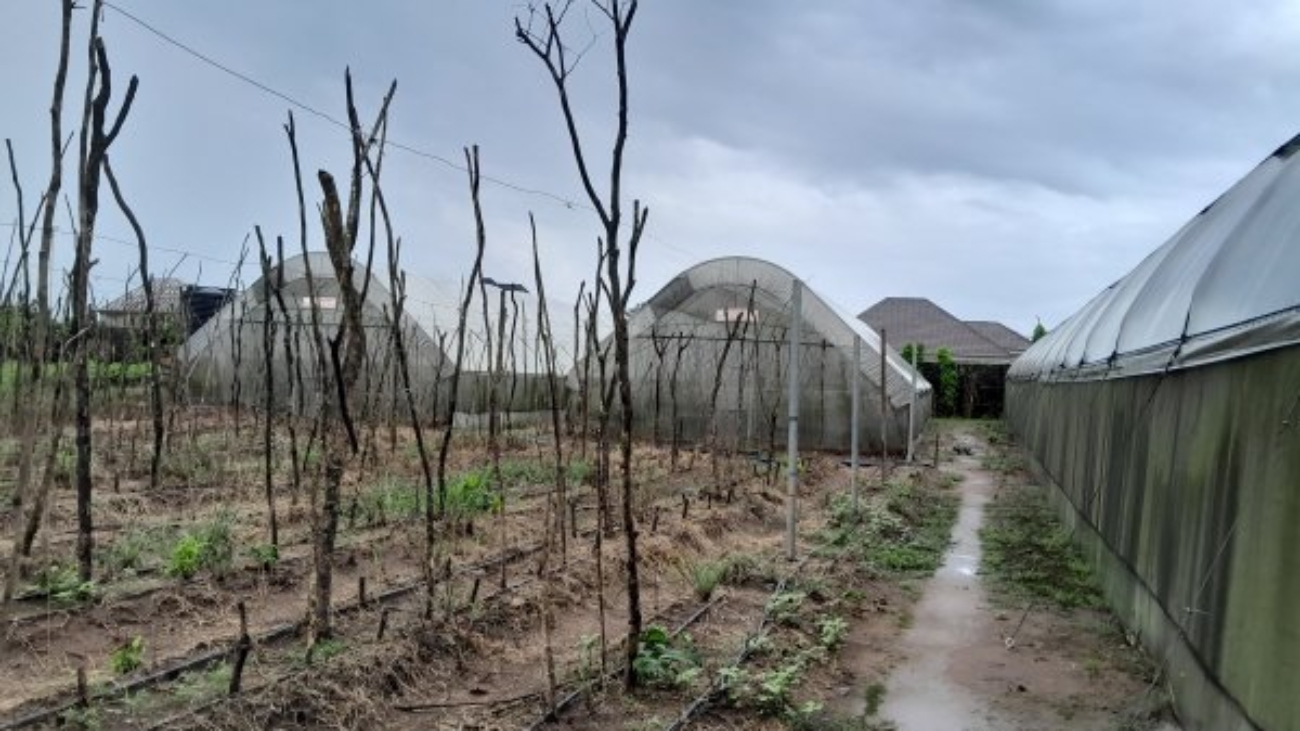Building Food Security in Nigeria: One Foundation’s Role in Sustainable Agriculture
Food security is a critical issue in Nigeria, with millions of people facing hunger and malnutrition due to various challenges, including climate change, economic instability, and limited agricultural resources. At One Foundation, we are committed to creating sustainable solutions that address these challenges by promoting food security through community-driven agricultural programs and innovative farming practices.
Understanding Food Security in Nigeria
Food security exists when all people, at all times, have access to sufficient, safe, and nutritious food to maintain a healthy life. In Nigeria, however, food insecurity remains a significant problem due to factors such as:
- Climate Change and Unpredictable Weather Patterns
- Rising temperatures, irregular rainfall, and natural disasters disrupt traditional farming, affecting crop yields and livestock.
- Population Growth
- With Nigeria’s rapidly growing population, there is increased pressure on food production, making it challenging to meet demand.
- Economic Challenges
- High poverty rates and unemployment limit people’s ability to purchase food, exacerbating food insecurity.
- Land and Resource Limitations
- Limited access to fertile land and resources reduces the ability of small-scale farmers to produce enough food for local consumption.
One Foundation’s Initiatives for Food Security
One Foundation is addressing food security in Nigeria through sustainable agriculture programs, community training, and support for small-scale farmers. Here’s how we’re making a difference:
1. Promoting Sustainable Farming Practices
- We train farmers in techniques such as crop rotation, organic farming, and soil conservation to improve productivity without harming the environment.
- By adopting these sustainable methods, farmers can increase crop yields, ensuring more food is available to feed local communities.
2. Supporting Small-Scale Farmers
- Small-scale farmers play a vital role in food production in Nigeria, and we provide them with access to resources, such as seeds, tools, and fertilizers.
- Through cooperative farming initiatives, farmers can share resources and knowledge, strengthening their resilience against market fluctuations.
3. Increasing Access to Market Opportunities
- We help farmers connect with buyers, ensuring fair prices for their produce and reducing post-harvest losses.
- Our initiatives support local markets, promoting economic growth and enabling farmers to earn a stable income.
4. Empowering Youth in Agriculture
- By involving young people in agriculture, we are creating a new generation of farmers who use innovative techniques and technologies.
- Vocational training and mentorship programs empower youth to pursue careers in agriculture, which is essential for Nigeria’s food security.
5. Promoting Climate-Resilient Crops
- We encourage the cultivation of crops that can withstand climate change impacts, such as drought-resistant varieties.
- This approach reduces the risk of crop failure, ensuring consistent food production even in challenging weather conditions.
The Impact of Food Security on Communities
When communities achieve food security, they experience numerous benefits, including:
- Improved Health and Nutrition: Access to nutritious food reduces hunger and malnutrition, especially among children, pregnant women, and the elderly.
- Economic Stability: By supporting local farmers and markets, communities become more economically self-sufficient, reducing poverty.
- Social Cohesion: Food security fosters unity within community unity, reducing conflicts and promoting peaceful coexistence.
- Environmental Protection: Sustainable farming practices protect natural resources, ensuring that future generations can access arable land and clean water.
How You Can Support Food Security in Nigeria
Food security is a collective effort that requires the support of individuals, organizations, and governments. Here are ways you can contribute:
- Volunteer with One Foundation: Join our agricultural programs to support training workshops and community projects.
- Donate: Financial contributions enable us to provide essential resources, such as seeds and tools, to small-scale farmers in need.
- Advocate for Food Security: Raise awareness about the importance of food security and sustainable agriculture in Nigeria.
A Vision for a Food-Secure Nigeria
At One Foundation, we believe that a food-secure Nigeria is within reach. By promoting sustainable agriculture, empowering farmers, and advocating for policies that support food production, we are building a foundation for a future where no one goes hungry.
For more information on our food security initiatives, visit our Projects Page and stay updated on social media. Join our WhatsApp Channel to receive regular updates:
Together, let’s work towards a Nigeria where everyone can access sufficient, nutritious food.

